Denmark
Study in Denmark
With a thriving government providing one of the best welfare states and voted once again the happiest country in the world, Denmark has a countless number of opportunities for all ,it is based in Northern Europe. Whichever subject you choose to study in Denmark you can expect outstanding quality and academic standards that are recognized worldwide. - More than 500 programmes and 1300 courses taught in English - An innovative educational system of high international quality - Excellent collaborative and innovative skills - A well-organized, friendly and safe country - A strong foundation for your future career What is the weather like in Denmark ? Denmark's weather is just right, not too hot in the summer and not too cold in the winter. In the winter it reaches freezing point at 0°C (32°F) in February its coldest month, and a mild 17°C (35°F) in its hottest month July. Can I work along with my studies ? You are able to work up to a maximum of 15 hours on a Danish student Visa during term time; however, between June and August you will be able to work full time. Is it possible to extend my visa after studies ? For reasons of study or to find employment you are able to extend your student visa up to a period of 6 months after the completion of your course.
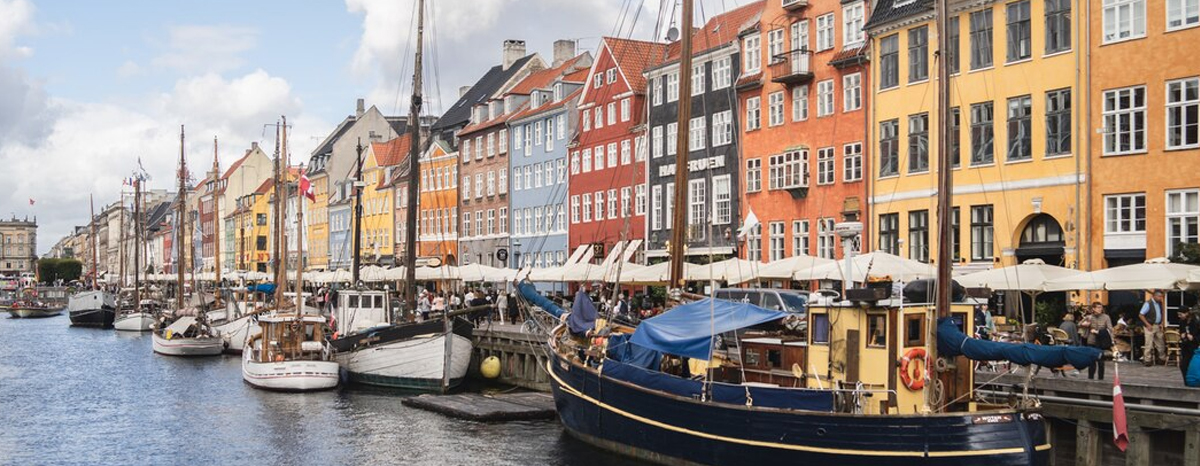
Top Universities in Denmark
-
Aalborg University
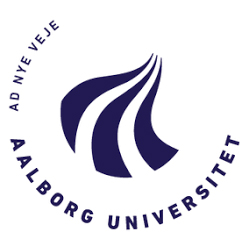
At AAU we believe, that knowledge can and shall change the world. That is the reason why AAU is a university with high ambitions. We seek knowledge in a interaction with the world around us, while being orientated about real problems and missions that we seek to solve with sustainable solutions.
-
University of Southern Denmark
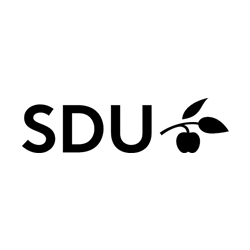
The University of Southern Denmark is a university in Denmark that has campuses located in Southern Denmark and on Zealand. The university offers a number of joint programmes in co-operation with the University of Flensburg and the University of Kiel.
-
Copenhagen University
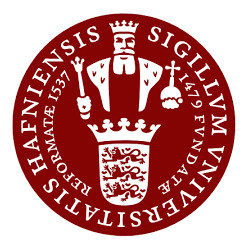
The University of Copenhagen is a public research university in Copenhagen, Denmark. Founded in 1479, the University of Copenhagen is the second-oldest university in Scandinavia after Uppsala University.
-
Aarhus University
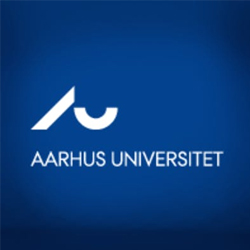
Aarhus University is a public research university with its main campus located in Aarhus, Denmark. It is the second largest and second oldest university in Denmark.
-
Technical University of Denmark
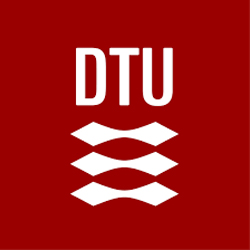
The Technical University of Denmark, often simply referred to as DTU, is a polytechnic university and school of engineering. It was founded in 1829 at the initiative of Hans Christian Ørsted as Denmark’s first polytechnic, and it is today ranked among Europe’s leading engineering institutions.
Country Facts
Denmark is one of the emerging educational hubs in Europe because of its high academic standards and modern teaching methodology for many international students. The modern social welfare state with its good research based learning atmosphere, interdisciplinary studies and project-based activities along with clean and safe environment and attractive business atmosphere made it more popular destination among international student.
Danish higher education has historical academic traditions that merge excellence in teaching methods and learning environments with a dynamic and innovative culture in research. In most of the Danish educational institutions, not only students are provided the lectures but are also grouped together for the discussions in their related subject matter, expecting each of them to actively contribute for the betterment of the world. Along with their academic studies, students also learn to work independently. They become able to think critically on any issues and solve the subject matter with analytical initiatives.
Popular Programs
2-YEAR ACADEMY PROFESSION (AP) PROGRAMMES
The Academy Profession programmes combine theory with practice and are suited for employment in business and industry. The programmes are available in a range of disciplines, including business, technology, IT, multimedia, food industry, tourism, etc.
3-4 1/2 YEAR PROFESSIONAL BACHELOR’S PROGRAMMES
The Professional Bachelor’s programmes combine theoretical study with practical application in a range of subject areas such as business, education, engineering, IT, nursing, social work, etc. Work placements are always included in the programmes, which prepare students to enter specific professions.
3-YEAR BACHELOR’S PROGRAMMES
The university Bachelor’s programme is research-based and provides students with a broad academic foundation as well as specialised knowledge. The programmes qualify students to enter the labour market and to pursue post-graduate studies.
2-YEAR CANDIDATUS/MASTER’S PROGRAMMES
The Candidatus/Master’s programme is research-based and gives students a theoretical knowledge combined with the ability to apply this practically. Upon completion of the pro-gramme, students can enter the labour market or undertake further studies (PhD).
3-YEAR PHD PROGRAMMES
The PhD programme is research-based and contains independent research, teaching, participation in research networks and often placements at other, primarily foreign, research institutions. The PhD programme holds various opportunities for financial support.
Degree Programmes
International students can choose from more than 500 degree programmes.
Undergraduates
Before choosing your programme, you first need to decide on the purpose of your studies. What is your ultimate goal? Do you want a professional qualification that will lead to a specific career? Then you might wish to consider one of the Academy Profession or Professional Bachelor’s programmes. These tend to be fairly structured, with periods of compulsory work placement. However, if you are focused on academic achievement, you may prefer a more research-based Bachelor’s degree. They offer more time for independent study, group activities and project work.
Academy Profession degree
An Academy Profession (AP) degree programme is for you if you seek employment in business and industry. Combining theory and practice, AP degree programmes are developed in close collaboration with representatives from their respective professional sector. This ensures that the skills you’ll acquire will be as current and advanced as possible.
You will learn to identify, select and analyse data and information from a variety of sources. In addition to attending lectures, AP students often undertake project work in small or larger groups. You will also complete work placements in Danish or overseas companies – giving you the chance to apply your skills and knowledge in practice.
An AP programme normally lasts two years, with each year divided into two semesters. They are offered at academies of professional higher education (‘Erhvervsakademier’). These can be found all over Denmark.
Main characteristics (AP)
- 2 years (120 ECTS credits)
- Applied learning and professional skills
- Collaboration with business and industry
- Work placements
Facilitating close contact between students and local companies, Academies of Professional of Higher Education offer a niche set of programmes and tend to be smaller than universities. Some examples of AP programmes taught in English are: communications, computer science, design and technology, hospitality and tourism management, marketing management and multimedia design
Bachelor’s degrees
There are two kinds of Bachelor’s degrees offered by Danish higher education institutions: a Professional Bachelor’s degree and a University Bachelor’s degree.
Main characteristics (Prof. BA)
- 3 to 4½ years (180-270 ECTS credits)
- Oriented towards specific professions
- Theory and practice in one programme
A Professional Bachelor’s degree qualifies you to enter a specific profession. It is awarded after three to four and a half years of study. In addition to attending lectures, students participate in seminars, project work and group activities. The theoretical foundation is also applied practically through work placements.
To complete the programme successfully, students must submit a final project. Professional Bachelor’s degrees are offered at university colleges (‘Professionshøjskoler’). These institutions have strong links to businesses and universities, as well as other research institutes within their region.
Video: Judith from Uganda studies Public Health & Nutrition, a Professional Bachelor’s degreeat Metropol University College.
With a great selection of subject areas to choose from, including engineering, IT management, nursing, health and nutrition, teacher training, journalism and social education, university colleges offer you a unique opportunity to undertake a career-oriented education programme. Most programmes give access to further study at the postgraduate level.
Main characteristics (BA)
- 3 years (180 ECTS credits)
- Research-based education
- Predominantly theoretical
- Preparation for postgraduate study
The University Bachelor’s degree is awarded after the completion of a three-year undergraduate programme, normally undertaken within one or two subject areas. Teaching is research-based. It provides students with a broad academic foundation, as well as specialised knowledge. Towards the end of the programme you are required to submit a final project. The programme qualifies you to either enter the labour market or to pursue postgraduate studies
Postgraduate Study
Main characteristics (MA)
- 2 years (120 ECTS credits)
- Research-based
- Career oriented
Candidatus/Master’s degree
A Candidatus/Master’s degree is an advanced, research-based course that takes two years. It will give you exceptional theoretical knowledge, combined with the ability to apply it practically. It includes a final dissertation (normally 30-60 ECTS credits) or, in certain subjects, a more practical project. A broad range of interdisciplinary programmes have been developed to meet the needs of a globalised, knowledge-based society.Upon completion of the programme, you will be able to enter the labour market or undertake further studies (e.g. a PhD).
Video: Dario is doing his PhD in Sustainable Energy at The Technical University of Denmark, which is is also offered as a MSc programme
Main characteristics (PHD)
- 3 years (180 ECTS credits)
- Research
- Teaching required
- Opportunities for financial support
PhD
A Danish PhD usually lasts three years. They are offered at research institutions and universities that have established a PhD school. These educational establishments all offer excellent research, library and laboratory facilities. You will be able to conduct in-depth research under expert supervision and with access to the latest equipment and information.
Teaching and completion of a dissertation are both integral to the programme. PhD students are often encouraged to participate in research networks, including placements at overseas research institutions. A range of funding opportunities are available, please visit Researchers Mobility Portal for more information.
Exchange programmes
If you want to study in Denmark as an exchange student, you must already be enrolled at a higher education institution. Usually, such students come to Denmark through an agreement like Erasmus or a governmental bilateral agreement. We advise you to contact your own educational establishment first to find out more. However, if you don’t find any helpful information there, please contact the international office of the Danish institution where you wish to study.
Short-term programmes and summer schools
International students have many options in terms of short-term study programmes or summer schools in English. Both give you the opportunity to increase your skills and knowledge, within and outside your field of study. They also provide a unique chance to work with Danish and other international students. If you are considering studying in Denmark, a summer school is a great introduction. They typically last between four to six weeks.
- UK

- USA

- Canada

- Australia

- New Zealand
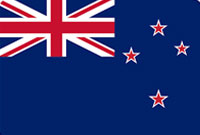
- Germany

- France
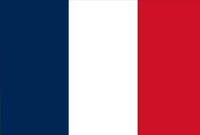
- Italy
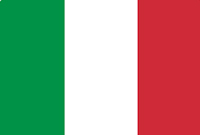
- Sweden
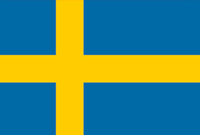
- Finland
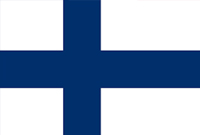
- Georgia
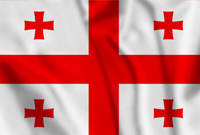
- Austria
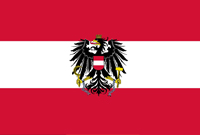
- Slovenia
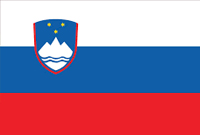
- Spain
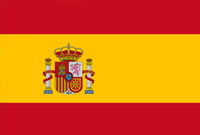
- Belgium
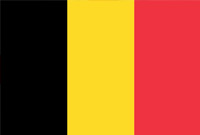
- Bulgaria
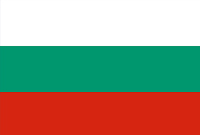
- Czech Republic
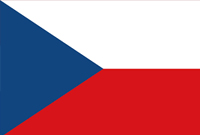
- Croatia
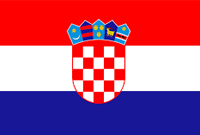
- Denmark
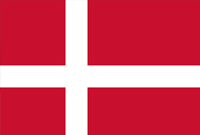
- Estonia
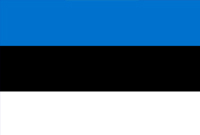
- Greece
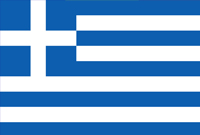
- Hungary
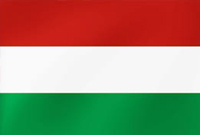
- Iceland
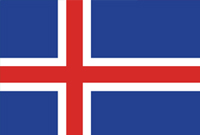
- Latvia
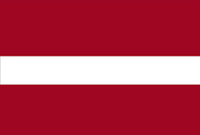
- Liechtenstein
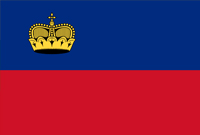
- Lithuania
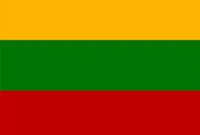
- Luxembourg
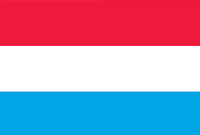
- Malta
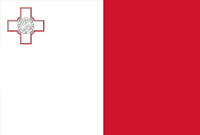
- Netherland
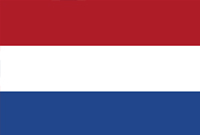
- Norway
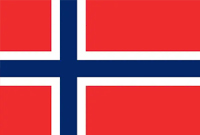
- Poland
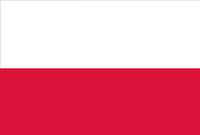
- Portugal

- Romania
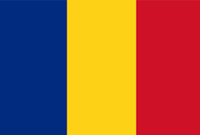
- Slovakia
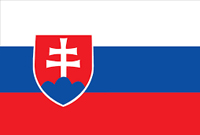
- Switzerland
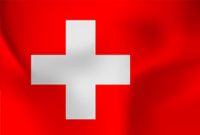
- Serbia
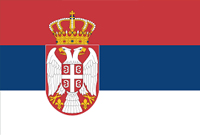
- Ireland
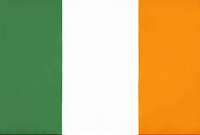
- Albania
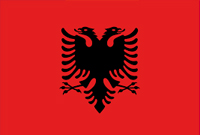
- Moldova
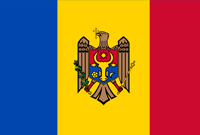
- Ukraine
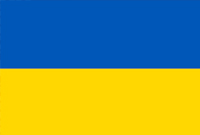
- Belarus
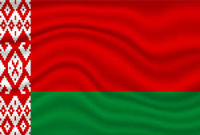
- Russia

- Cyprus
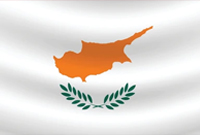
- Monaco
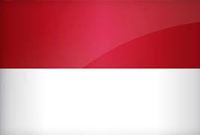
- Bosnia
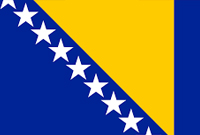
- Andorra
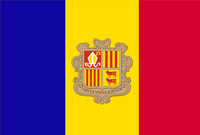
- Montenegro
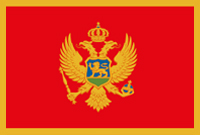
- More Contries

Why Choose Us?

Supportive Environment

Student-Friendly Policies

Quality Higher Educations

Opportunities for Growth
Do you have questions or want more information?

